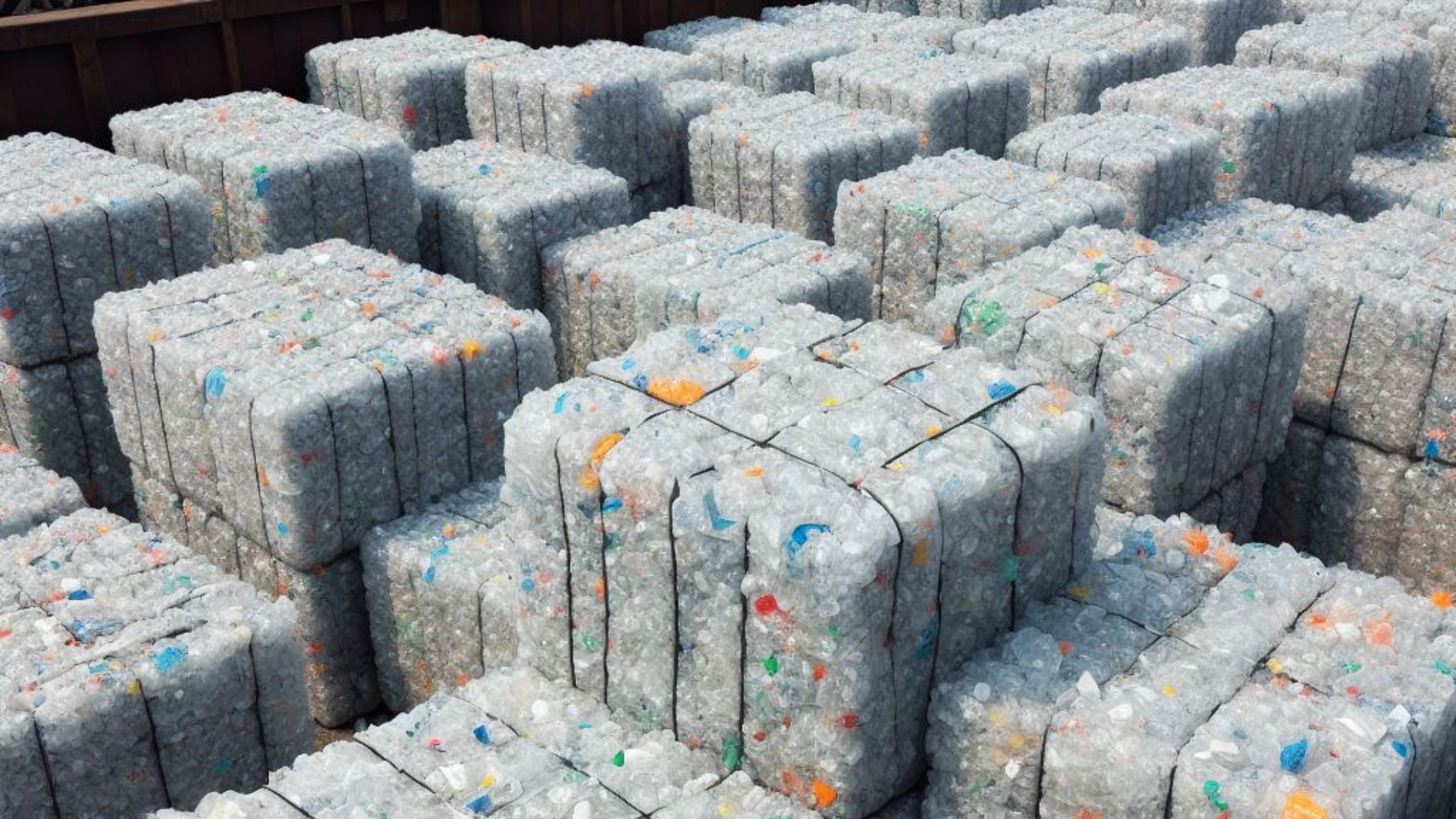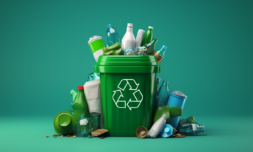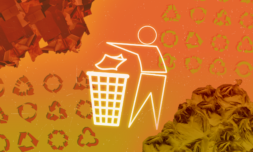The EU will ‘finally assume responsibility’ for the horrendous volume of plastic waste it exports to poorer nations, reads a statement attached to a landmark ban slated to be in effect by 2026.
The ‘out of sight, out of mind’ approach hasn’t proven too effective for the EU and its plastic disposal methods, despite giving it a ruddy good go over the years.
In-fact, the EU’s export of such waste to non-OECD countries – that’s poorer nations outside of a 38-member forum focused on sustainable economic growth – has dramatically increased in recent times, as high energy costs ‘force’ the closure of EU recycling operations.
Despite the troubling uptick, however, the EU has surprisingly announced a ban on plastic waste exports which will reportedly come into effect in 2026. That’s the official word from a diplomatic gathering currently underway in Nairobi, Kenya.
‘The EU will finally assume responsibility for its plastic waste by banning its export to non-OECD countries,’ clarified Pernille Weiss, a Danish member of the European parliament.
After 2 years of hard work, we finally have an agreement on waste shipment law reform! Our biggest trophy: an export ban on #plastic waste from the EU to vulnerable developing countries. Great news: finally Europe is taking its responsibility! 👏 pic.twitter.com/WIWTY1V9jb
— Sara Matthieu 🇪🇺 (@msaraswati) November 17, 2023
For context, last year the EU exported upwards of a million tons of plastic waste to countries like Malaysia, Vietnam, Indonesia, and Thailand.
These regions, fraught by a lack of infrastructure or waste management systems, have been resigned to either burning entire imports or dumping them in the environment. Over a matter of decades, this system has exacerbated an ecological crisis of global proportions.




















